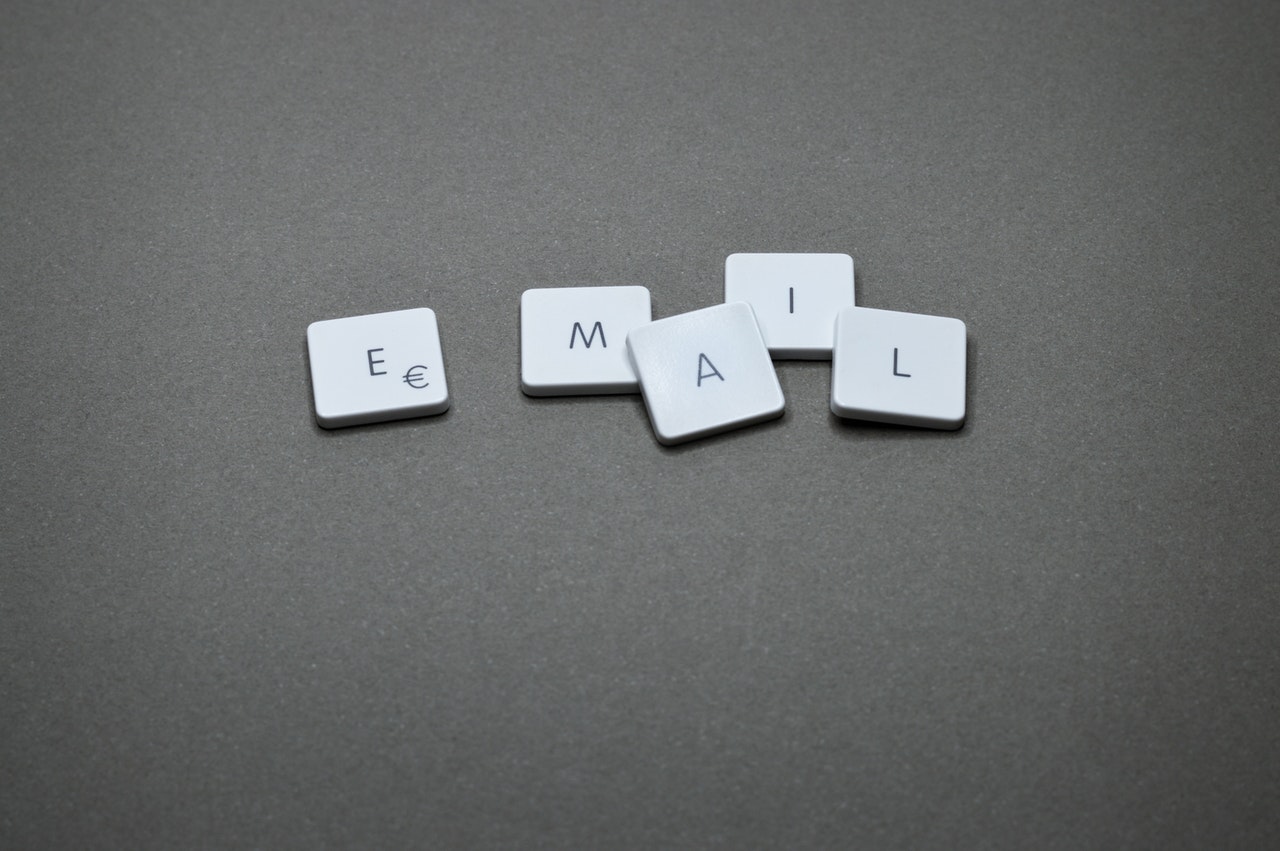Since the arrival of the Internet to the planet, email marketing has become an essential tool for industry, however, some promotions that make it through to our inboxes are absolute rubbish we don’t take notice of. This article attempts to illustrate what email marketing really is, why is it important and how does the company benefit from it to improve its marketing strategy?
What is E-mail marketing?
Email marketing is a type of direct marketing that uses electronic mail to convey promotional messages or fundraising to an audience. Any email sent to a prospective or existing client may be called email marketing in its broadest sense. Usually, however, the phrase applies to:
• Delivering emails for the intent of strengthening a merchant’s relationship with its new or former clients, and promoting customer satisfaction and repeated sales.
• Sending emails to attract potential clients or to persuade current consumers to purchase something immediately.
• Add ads to emails sent to its clients from other businesses.
Why E-mail marketing is necessary?
Considering the unrivaled potential of email to drive sales, it makes sense that email is also the most powerful marketing tool for improving ROI for your company. In reality, email marketing yields an estimated return on investment of 3,800 percent for companies and the total return on investment is $38 for every $1 spent on email marketing.
From these figures it is clear that email is a cost-effective medium for advertisers, so why does it so dramatically outperform other networks when it comes to ROI?
It is about providing highly personalized and appropriate communications. Unlike social networks where you give status messages to each follower irrespective of their location, desires & background of purchasing, email allows you to be hyper-targeted with your communications.
The more information you have about your clients in an email marketing platform such as Campaign Monitor — including feedback from centralized frameworks such as the CRM, customer support program, etc .— the more focused you can be.
How E-mail Marketing can help business?
Marketers in today tend to do more with less. They need to interact in a highly personalized way with their audience, while keeping on budget. Marketers who can do this — connecting extremely targetedly with their targets and customers — will be effective in bringing ROI and sales back to the company.
Email is the web’s money and anyone online has an active email address.
With more than 1 billion active users on Facebook and 255 million on Twitter, it’s easy to assume that social media is the most powerful way to reach the public. These are amazing figures but the data on email use are not so widely discussed. In 2013, the cumulative number of email accounts worldwide was 3.9 billion, and was expected to exceed 4.9 billion by 2017.
While this may sound shocking at first, remember your own online behavior: anytime you sign up for a website, you need to input your email address in order to build your account. To build a Facebook or Twitter account or any other accounts on internet, you’ll be needing an email address.
Email dispatch your messages
If advertisers have to choose to add a subscriber to their email list, or to win a new Facebook follower, they will always go to the email subscriber.
There are two key explanations for this: First, 90% of emails are sent to the intended recipient’s mailbox, while only 2% of your Facebook fans see your updates in their News Stream. That’s how Facebook restricts the amount of times the posts appear in the News Feed in an effort to drive advertisers into their paying ads choices.
When it comes to bringing your ads to the target audience, this is a huge deal. This means you’re 45 times more likely to see the post using email than Facebook. Second, since you signed up for the mailing list, the mailing recipients have clearly told you they want to hear from you.
Email is the main medium of contact.
Social networks are for many a personal means of contact that is used to stay up to date with friends & relatives. By signing in to their social media pages, users are there to see photos and messages from people they meet and care about.
In the opposite, email is a far more formal medium and people tend to collect product and service information via that process.
Email provides an open platform.
Several companies have invested millions of dollars over the past few years in buying large social outcomes to be able to communicate and engage with an audience.
Even although businesses invest in different social media sites, Facebook has regularly changed its algorithm to the number of followers viewing a brand’s message, unless such posts are paid advertisements.
This pattern has been so common that 98 percent of company followers in their News Feeds will never see the updates.
The problem with platforms such as Facebook and Twitter is that they are owned and operated by third parties, ensuring that advertisers are at the whim of network shifts.
Meanwhile, no one single person manages or regulates mobile. It is an online networking network and there are a multitude of providers offering links to email sending and receiving.
Conclusion:
As a marketer, you have several platforms at your fingertips to target your audience but you need to focus your activities with minimal time and money.
For the many purposes mentioned above, email marketing is by far the most powerful tool for recruiting, communicating, and interacting with an audience to boost the business’ sales and revenues.
So start using email marketing to your benefit today, and you will immediately find it will help to increase sales and revenues.

